Visiting Lecturers
Our departments hosted lecturers from Poland (Wroclaw), Norway (Oslo), USA (Chicago), UK (Belfast) and others…
Who visited our department?
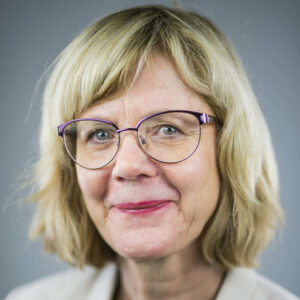

APRIL 2023
Ann-Helén Bay [OsloMet]
Title of the presentation:
OSLOMET – history, strategy, vision
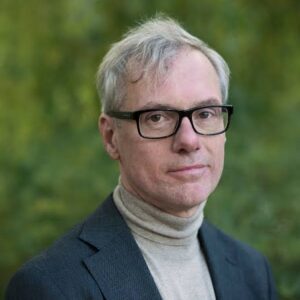

APRIL 2023
Åge Johnsen [OsloMet]
Title of the presentation:
Brief overview of the Norwegian higher education system
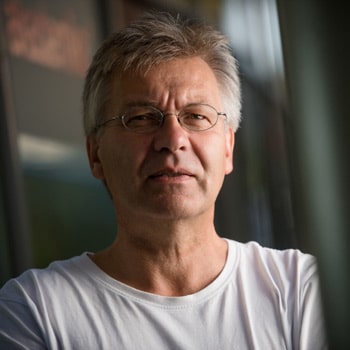

OCTOBER 2017 | OCTOBER 2019 | SEPTEMBER 2021
Pål Veiden [OsloMet]
Nations, Nationalism, and the sociology of Masaryk | Masaryk – Norwegian perspective | Two lectures on Francis Fukuyama: Political order and political decay
Course description:
1. What is the Nation? Literature: Hutchinson, John “Modern Nationalism” (1994): Chapter 1: How Modern is the Nation?
2. Nation Building Literature: Francis Fukuyama: Political order and political decay (2015): Chapter 12: Nation Building
3. Nationalism and Moral: the Normative questions of the Nation Literature: Sociology in Service to Nation-Building: The Legacy of Tomas Garrigue Masaryk
An interesting link: https://newleftreview.org/II/58/miroslav-hroch-learning-from-small-nations
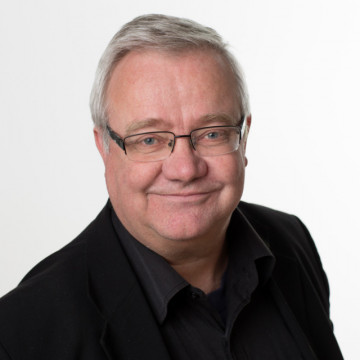

OCTOBER 2019
Øystein Nilsen [The Confederation of Trade Unions in Oslo]
Modernity and its sociotechnological apparatuses
Annotation:
Modernity, the sociocultural epoche originating from the Enlightenment in Europa from around 1750, is often related to progress, the belief in science and the future, and in individuala and collective emancipation. But, there is also a dark side of modernity, connected to irrationalism, aggression, suppression and alienation, and we have experienced tragic phenomena such as fascism and nazism, the terror of stalinism, and two world wars and the Holocaust.”
In this seminar we will introduce the thougts and theories of the famous polish-british sociologist, Zygmunt Bauman (1925-2017), who has written extensively about modernity, and its current variant, postmodernity or liquid modernity. Bauman is known for his critical perspective on modernity, and how modernity through its sociotechnological apparatuses, like the modern bureaucracy, are hampering the moral impulse we all carry with us. In Baumans view, modernity a nessescary condition for a phenomen like Holocaust to occur


NOVEMBER 2019
Edwin van Teijlingen [Bournemouth University]
Lecture
Medical/social model as applied to childbirth
More information here
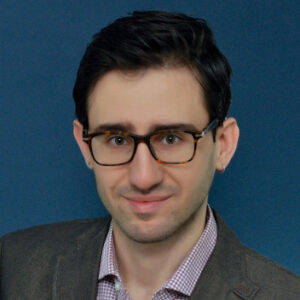

OCTOBER 2019
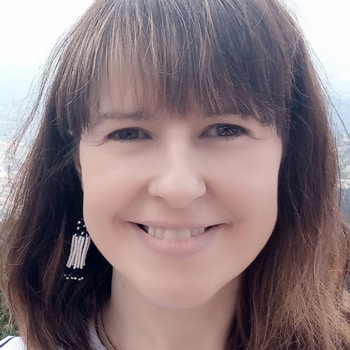

MARCH 2019
Dr Michelle Butler [Queen’s University Belfast]
Understanding Life in Prison
Course description: This module aims to familiarise students with the main theories, concepts, and debates used to understand life in prison. Students will be encouraged to think critically about the aims of imprisonment and how prison culture shapes both the behaviour of those detained and prison staff. Special attention will be paid to examining issues such as who is imprisoned, the impact of imprisonment, prison violence, how order and control is maintained, as well as the occurrence of self-harm and deaths in prison. These issues are explored to provide students with an understanding of some of the key challenges facing modern penal systems internationally.
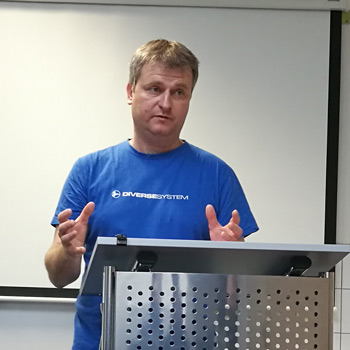

MARCH 2017
Marcin Dębicki, PhD [Wrocław University]
A Social Face of Central Europe
Course description: The course will focus on four dominant issues connected with the history, forms, relationships and identity of Central Europe. In particular it will present four main topic: 1)The Fate of Central Europeanness (Issues to be covered: patterns in the historiosophy of Central Europe; Reasons why not to put Central Europe to death). 2) A Land of Ethnic Antagonisms (Issues to be covered: Central European antagonisms: Poland–Lithuania, Baltic states–Russia, Hungary and its neighbors, Croatia and the Balkans; Opposition to the Western European context). 3) Poles & Czechs – the Neighborhood of Social Asymmetry (Case Study): (Issues to be covered: Interest in each other; Attitudes to each other; Cultural differences and their determinants). 4) Central Europe Today: (Issues to be covered: Central Europe twenty-five years after the collapse of Communism (populism, anti-europeanness, immigration, social disappointment); Attitudes to immigration; The future of Central Europe).
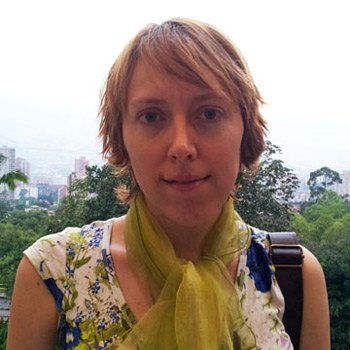

FEBRUARY 2015
Polina Golovátina-Mora, Ph.D. [Universidad Pontificia Bolivariana]
Science fiction at the service of the social sciences: the Matrix Universe
Course description: The recurrent and increasing interest in the genre in the popular culture especially in the last decade draws special attention to its meaning among many disciplines. This short series of lectures aims at introducing to the students the idea of diversification of the sources for the knowledge about society. The course will revise the idea of knowledge in the broader context of the philosophy of social thinking, society as a narrative or a text, the role of fiction as a source of such knowledge and the result of it. In sum, the course aims to explain why and how we can use fiction as such a source.
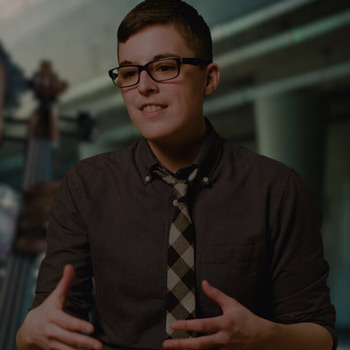

MARCH 2013
Alyson Patsavas [University of Illinois at Chicago, Ph.D. student]
An Introduction to Disability Studies and the Cultural Politics of Health
Course description: What does the World Health Organization, a U.S. based-national health campaign for LGBTQ Health, the politics of global pharmaceutical companies and a documentary about disability culture have to do with one another? An Introduction to Disability Studies and the Cultural Politics of Health examines the construction and circulation of knowledge about bodies, health, medicine and impairment from a disability studies perspective. We will examine the way that cultural discourses construct health as a natural, value-free desired state of being by marking disability as health’s “negative” corollary. Using the analytic tools offered by disability studies, which seeks to situate disability within a social, political and historical context and privilege the knowledge about disability produced from experiences of disabled people, we will deconstruct the relationship between health and disability.
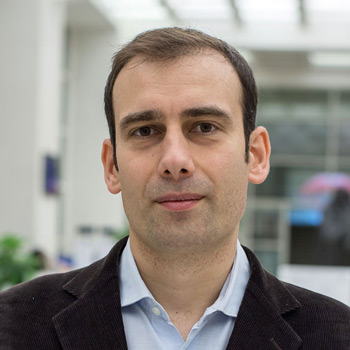

MAY 2013
PhDr. Dino Numerato, Ph.D. [Bocconi University]
Sociology of Sport
Course description: The sphere of sport is not exclusively an apolitical social sphere of fun and leisure, but also a “serious” and sociologically relevant social sphere, whose importance has been increasingly recognized in mainstream sociological analyses. Sociological analyses of sport have enhanced a better understanding of major social developments, as sport not only mirrors major social developments but also contributes to transform them. The forthcoming Olympic Games in London 2012 will offer another timely opportunity to revisit the social significance of sport. This mega-event, similarly to many less visible sport- related activities, such as proto-religious fan rituals during weekly football matches, daily physical activities practiced as part of healthy lifestyles or volunteers’ involvement in sport clubs, will be addressed by this introductory course in Sociology of sport.
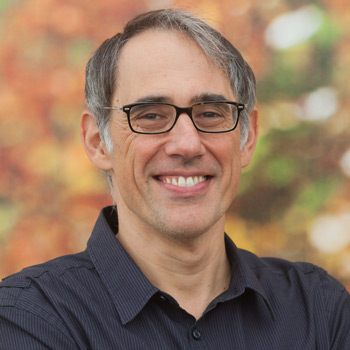

MAY 2011
Constantin Parvulescu [Center for East European Film and Media Studies, Universitatea de Vest din Timișoara]
Images of ’89. Film, the Audiovisual and History.
Course description: This class/ workshop explores the relationship between audiovisual media and historical events. We will focus on the 1989 events in Romania, and study the way in which they are represented in written texts, photographs, newscasts, documentaries, and feature films. The purpose of this class is to understand the specific way in which audiovisual media—the feature film in particular—archive the past and create images of it.